‘Manila Gastronomiya’: Lessons from culinary icons
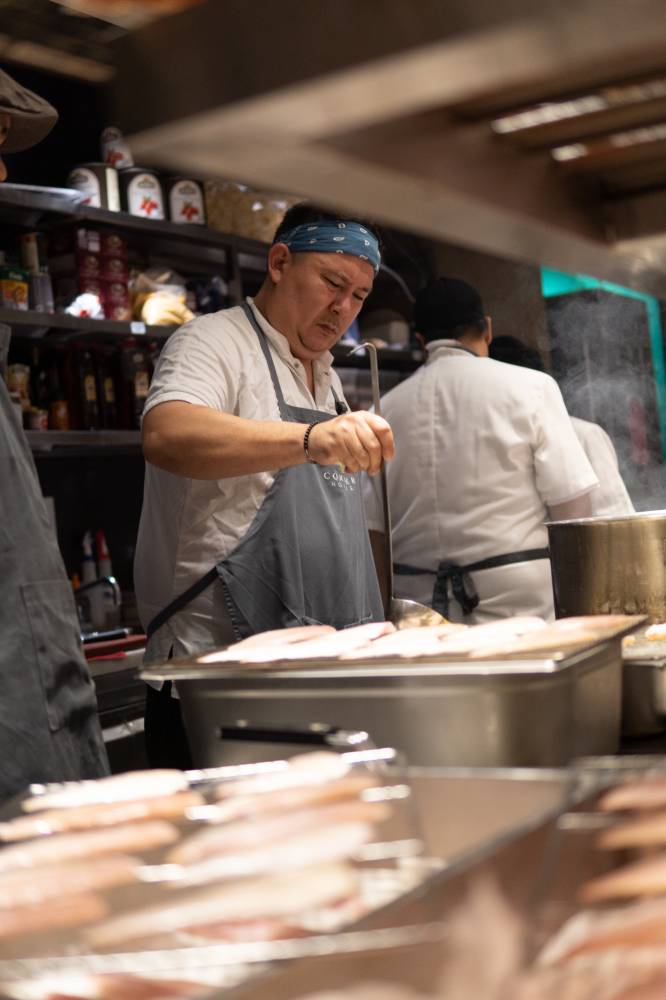
At the heart of every successful restaurant lies a commitment to quality and consistency and a deep understanding of the market. This was the message delivered by some of the industry’s top chefs and restaurateurs as they shared valuable insights at this year’s International Manila Food and Wine Festival titled “Manila Gastronomiya.” The conference was held Sept. 18-19 at the Grand Westside Hotel, and was hosted by the Department of Tourism and the Restaurant Owners of the Philippines.
“Set high standards and never break them. Consistency makes you great,” said chef Robby Goco, the man behind Cyma. He discussed his challenges, including competitors who imitated his menu and sold at a cheaper price.

Goco’s response was not to face them head-on. Instead, he bought more premium ingredients and charged higher for his dishes. The strategy worked because he understood that his market was willing to pay for a great salad.
“Instead of competing on price, I elevated the product, and that killed the competition,” he said. He emphasized that the menu doesn’t have to be perfect from the start, but it has to be good. Understanding the diners also comes from experience and plenty of errors. Goco said that he started with a Greek restaurant that catered to Greeks and not Filipinos. He has since adapted his menu to suit local palates without compromising authenticity.
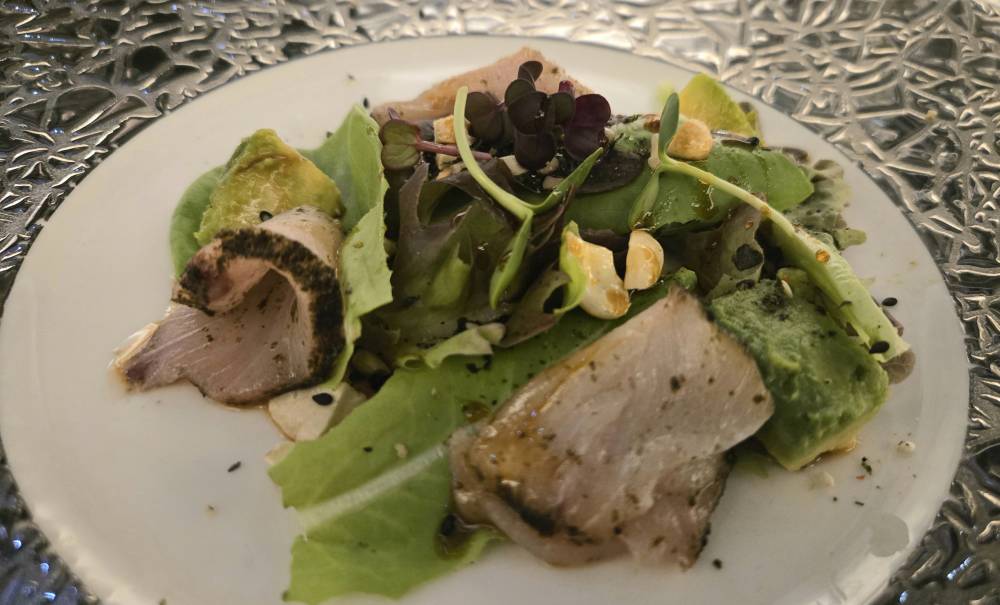
Becoming profitable
Chef David Thien talked about achieving a Michelin star. Under his helm, Corner House in Singapore earned one in 2021.
His advice to those who aspire for it is to not focus on earning it. Restaurateurs should focus on delivering high-quality food for diners and, most importantly, make it profitable.
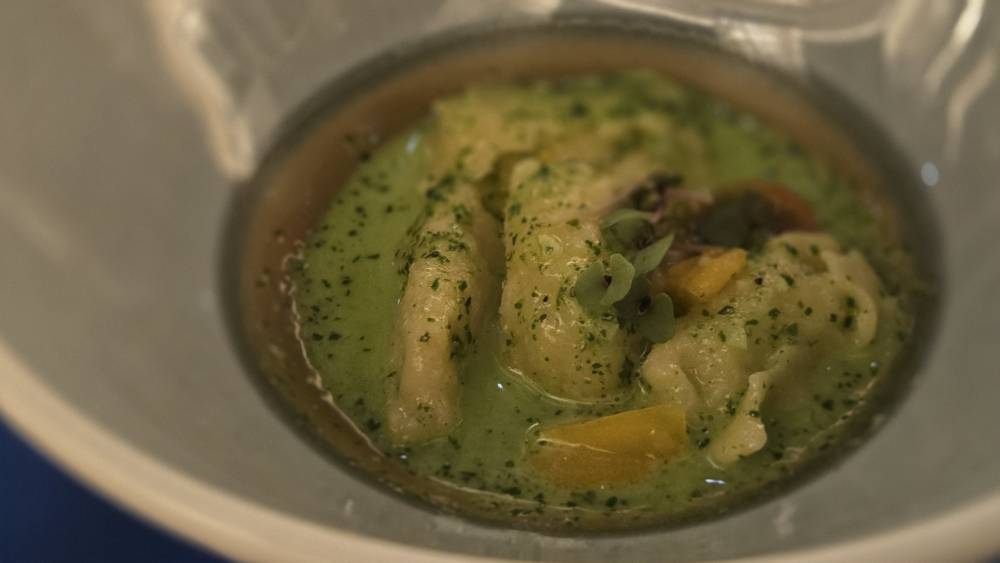
“At the end of the day, if your restaurant isn’t making money, who cares if you have a star?” he said, referencing the closure of several Michelin-starred restaurants in Singapore that failed to stay financially sustainable.
Thien served the four-hands Filipino-French dinner the following day at the Admiral Hotel in Manila Bay alongside his wife and Best Female Chef at the 2020 World Gourmet Awards, chef Lisa Revilla. The couple has relocated to Davao from Singapore to serve a private dining experience at their home.
They flew to Manila to serve a five-course dinner that featured ingredients from Davao, including its chocolate. The couple hand-carried tomatoes from Buda to showcase Mindanao produce. They prepared artisanal bread and butter, hamachi salad, corn agnolotti, crispy scale bisugo, ihaw-ihaw short rib, and Davao coffee and chocolate. The dinner was the conclusion of the two-day event.
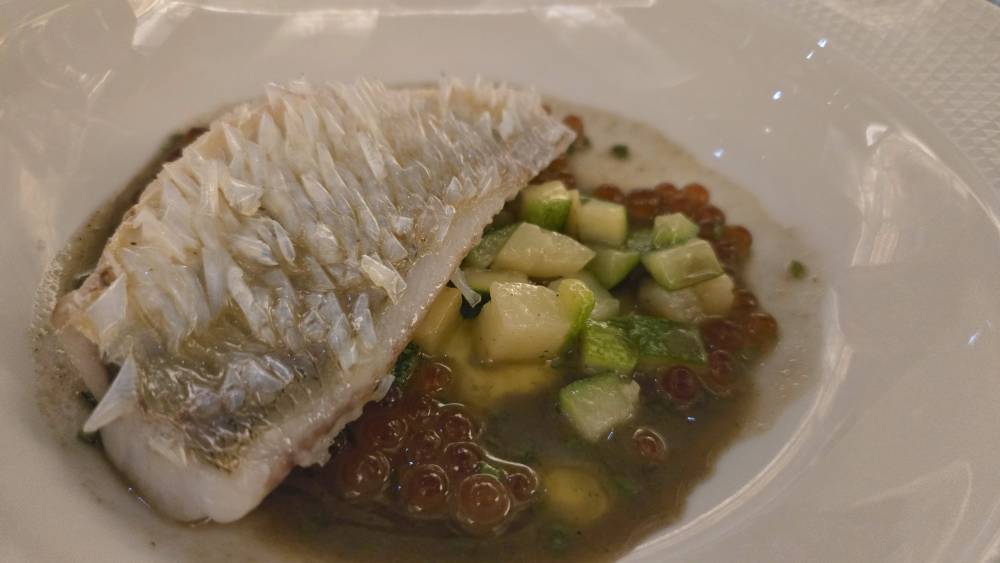
Filipino food abroad
Trailblazing chef-restaurateur Nicole Ponseca was also invited as a speaker. She is the woman behind the restaurants Maharlika and Jeepney in New York. She talked about how Filipino food has started to gain its footing overseas.
Ponseca discussed how she learned to embrace cultural things that she once found embarrassing. She introduced balut to non-Filipinos by making the staff yell it like street vendors in her restaurant. So what was initially considered unappetizing turned into a source of curiosity and excitement. Customers have started asking, “How do I eat this?” instead of recoiling in disgust.
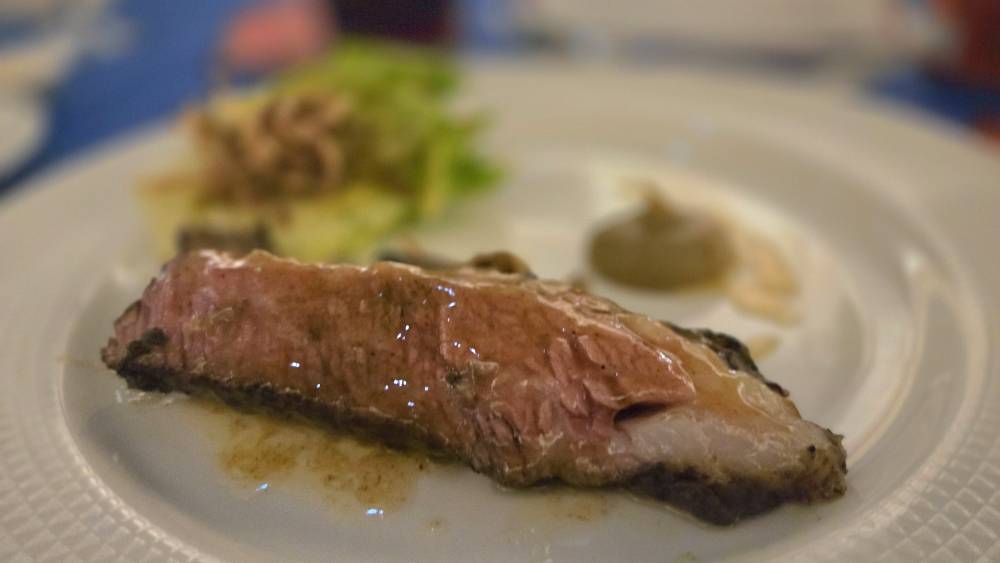
Ponseca also implemented kamayan in her restaurants. It helped popularize communal, hands-on eating experiences in mainstream American dining. She said that events like the food festivals help Filipino food gain international acclaim. How we perceive food locally affects the impression of our cuisine internationally, she added.
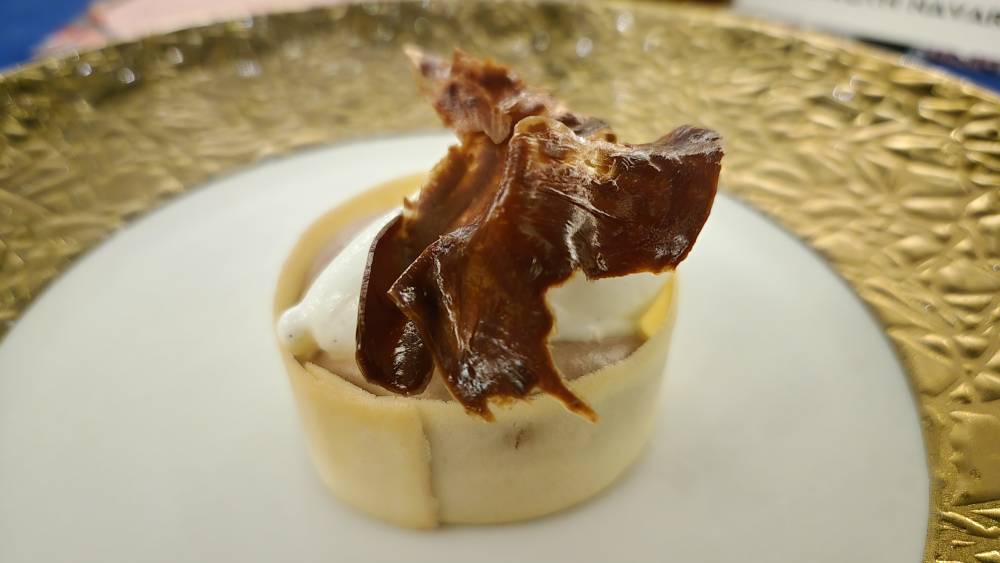
Some of the other topics covered were how to market restaurants—like going viral and sustaining the interest. Owners were also urged to look into halal opportunities because of the huge market.
The day turned serious when the restaurant owners and chefs discussed the abuse of persons with disability (PWD) benefits. The talk headed by chef Tatung Sarthou gave space to restaurateurs as they aired their grievances over fake PWD cards.

But the conference concluded with optimism. Continuous collaborations locally and internationally were urged to highlight Filipino food globally. Our Awesome Planet founder Anton Diaz made the bold prediction that by 2030, Manila will be the center of gastronomy.
“It is when the economy is called a demographic sweet spot. That’s when 50 percent of the population is under the age of 30,” he said. Generation Z will be working without dependents, thus boosting the food and beverage industry.

















